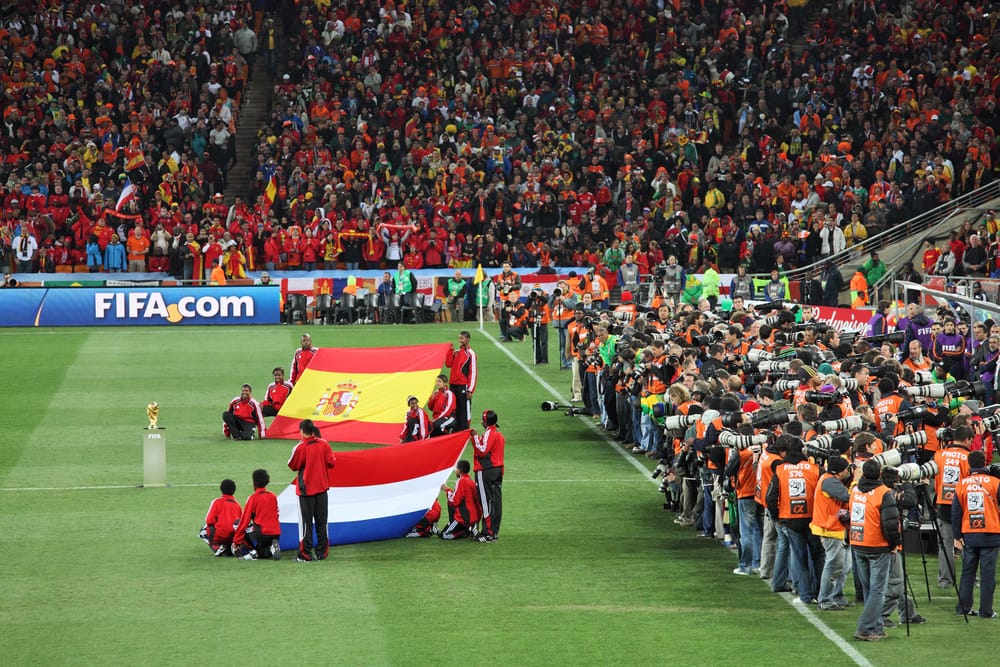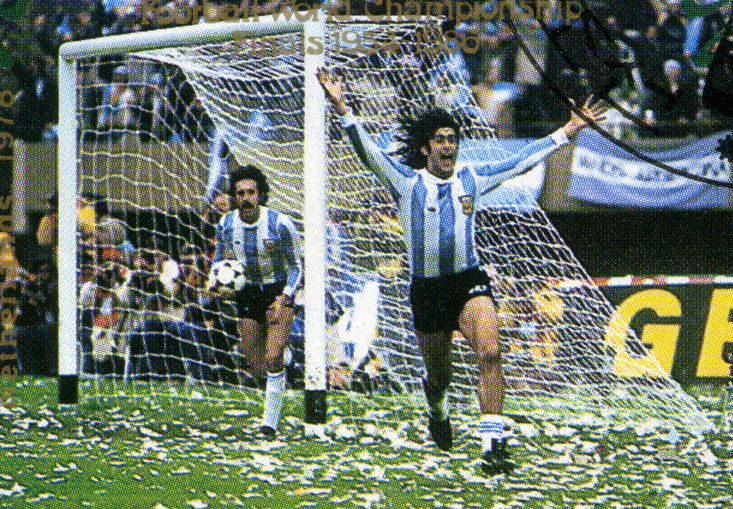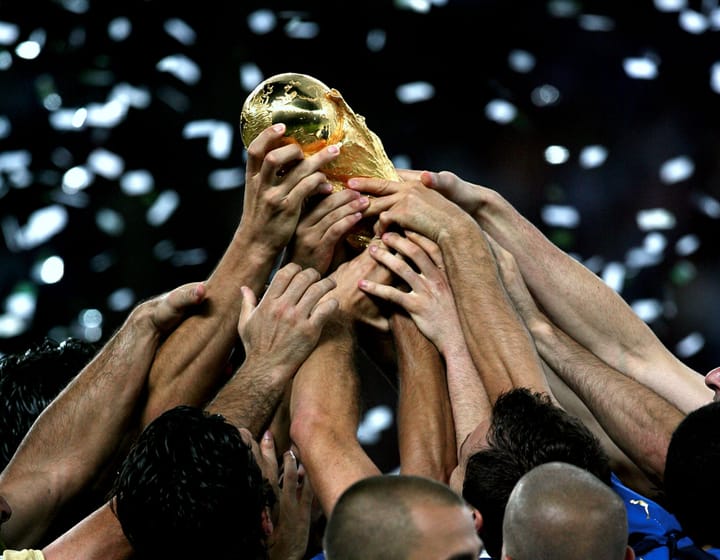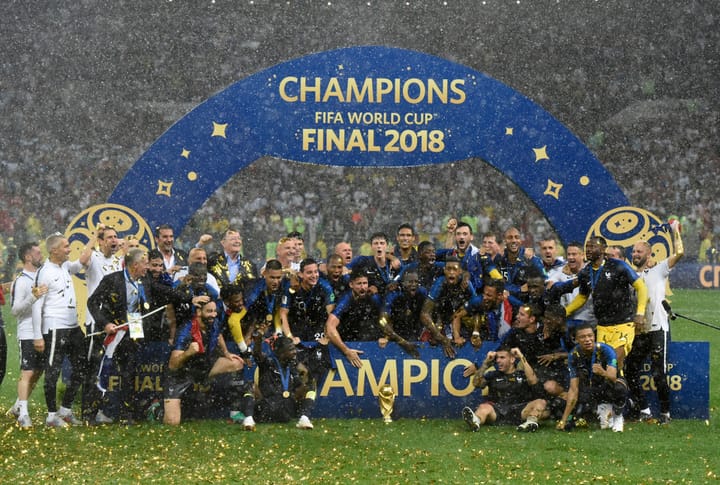How Spain Conquered the Globe: The 2010 World Cup Tale
In this article we look back to the first and only FIFA World Cup win of Spain.

In 2010, Spain not only participated but eventually conquered the globe at the FIFA World Cup held in South Africa, marking a significant moment in soccer history as the tournament was hosted on African soil for the first time. This event, characterizing Spain's rich soccer legacy that dates back to 1920, was a spectacle of the nation's renowned 'tiki-taka' style of play, a technique celebrated for its emphasis on short passing, movement, and the rhythmic interchange among midfielders. Governed by the Royal Spanish Football Federation, the Spanish national soccer team, affectionately dubbed 'La Roja' and 'La Furia Roja', started their journey at the spectacular Moses Mabida Stadium in Durban amongst 32 competing nations.
The tale of the Spain 2010 World Cup victory resonates well beyond the fields of South Africa, encapsulating moments of sheer brilliance, determination, and a style of play that enchanted soccer purists globally. As this narrative unfolds, the reader will be taken through the thrills of the group stage, the intensity of the knockout rounds, and onto the unforgettable final against the Netherlands. This journey, characterized by strategic prowess and moments of individual brilliance, notably from Andrés Iniesta, not only secured Spain's place in soccer history but also paved the way for a legacy that continues to inspire.
The Pre-World Cup Scenario
Spain's journey to the 2010 FIFA World Cup was a testament to their dominance and strategic prowess in soccer. Here's a closer look at the pre-World Cup scenario that set the stage for their historic victory: Spain showcased their soccer excellence by winning all ten of their qualifying matches, a feat that placed them at the top of their group, eleven points clear of Bosnia and Herzegovina. This impeccable run was supported by their possession-oriented 'tiki-taka' style of play, characterized by short, accurate passes and a strategy aimed at controlling the game's pace.
Prior to 2010, Spain and the Netherlands were two of the major international soccer powers yet to win a World Cup, setting the stage for an epic showdown. Spain's soccer history is rich with significant achievements, including winning the 1964 European Nations' Cup and the 2008 UEFA European Championship. Before their triumph in 2010, their best World Cup result was a fourth-place finish in 1950. They have been a constant presence in the World Cup, participating in 16 out of 22 tournaments, showcasing their enduring quality on the global stage.
The Group Stage: A Rocky Start
Spain's progress through the Group Stage of the 2010 FIFA World Cup was characterized by a mixture of unexpected difficulties and triumphant moments, illustrating the tenacity and skill that defined their path to victory. Spain faced Switzerland, Honduras, and Chile in Group H, showcasing the diversity of soccer styles and strategies they had to navigate. Despite a rocky start with a 0-1 loss against Switzerland, Spain bounced back with a 2-0 victory over Honduras and a critical 2-1 win against Chile, securing their advancement.
Spain finished the group stage with 6 points, leading Group H and setting the stage for their knockout round challenges.
Knockout Rounds: Raising the Bar
In the knockout stages of the 2010 Spain World Cup campaign, Spain demonstrated their tactical superiority and defensive resilience, marking their path to the final with a series of 1-0 victories.
Round of 16: Spain vs. Portugal, 1-0
Quarter-Finals: Spain vs. Paraguay, 1-0
Semi-Finals: Spain vs. Germany, 1-0
Their series of 1-0 victories, each marked by moments of individual brilliance and collective resilience, paved their way to the final, setting the stage for an epic showdown against the Netherlands.
The Final Against the Netherlands
In the climactic final of the 2010 Spain World Cup, Spain and the Netherlands faced off in a match that would etch itself into the annals of soccer history. The match, which took place in Soccer City in Johannesburg, was a tactical battle with a high level of intensity and physical play. The match was overseen by referee Howard Webb from England, who had the challenging task of managing a game that saw a record-breaking number of bookings for a World Cup final.
The path to the solitary goal was a narrative of resilience and strategic brilliance. After a goalless draw that extended into extra time, the decisive moment came in the 116th minute. The sequence leading to the goal began with Fernando Torres, who found Iniesta in the middle of the field. The Dutch defense's attempt to clear the ball was mishandled, falling to Cesc Fàbregas. Fàbregas then passed the ball back to Iniesta, who, with impeccable precision, scored the winning goal for Spain. This goal not only shattered the Netherlands' hopes of clinching their first World Cup title but also marked Spain's first-ever World Cup victory, a moment of unbridled joy for Spanish fans and a heartbreak for the Dutch. Iniesta dedicated his goal to his late friend Dani Jarque by revealing an undershirt with the message “Dani Jarque: siempre con nosotros” (always with us).
Spain's win united the country, bringing a sense of pride and unity amidst regional divisions. The victory was celebrated nationwide, contrasting starkly with the economic and societal challenges Spain faced, thereby providing a moment of collective joy and escape. Nelson Mandela's attendance at the final added a layer of historical significance, symbolizing hope and unity.
Reflecting on Spain's monumental journey in the 2010 FIFA World Cup, it is evident that their victory was not merely a triumph in soccer; it was a story of strategic brilliance, relentless determination, and a rich tapestry of talent culminating in a legacy that reaches far beyond the confines of the pitch. Through the meticulously executed 'tiki-taka' playing style, Spain not only etched their name into the annals of soccer history but also showcased the power of unity, resilience, and sportsmanship. This win served as a beacon of inspiration, illustrating the profound impact of cohesive team play and setting a benchmark for future generations in the soccer fraternity.




